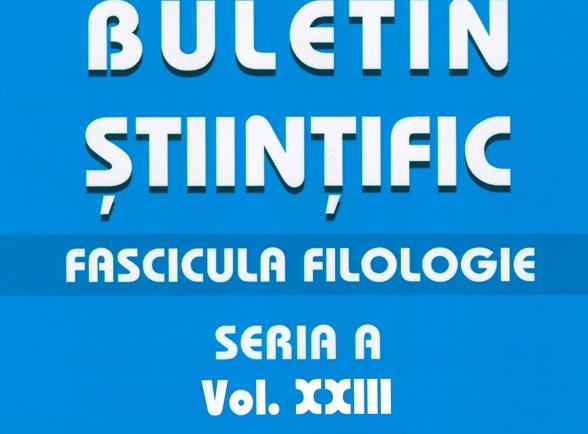Samuel Beckett’s Idea of Negation in Relation to Theodor Adorno’s Theory of Aesthetics and (Post)Modernity
Samuel Beckett’s Idea of Negation in Relation to Theodor Adorno’s Theory of Aesthetics and (Post)Modernity
Author(s): Iulia LucaSubject(s): Literary Texts
Published by: Editura U. T. Press
Keywords: aesthetic pleasure; hilarity; intricacy; pecuniary exuberance; restlessness;
Summary/Abstract: In his body of works Beckett presented the torments and plight of human beings faced with extreme situations and tormented by metaphysical questionings about the idea of God. The theory of aesthetics, initially intended to be dedicated to him argues that the negative in Beckett gains an aesthetic value elliciting enlighted and satisfied moods by its being hilarious and intricate. Furthermore what intrigues with Beckett is the entertaining character of his work. The reader is caught up in the narrative and is not dismayed in the reading. His work becomes thus imperishable and enduring. His writing reinvented language as such and gave literature a different status, if we consider the work after the 1950s which could be considered postmodern, per se. His idea of nothing was different from the void and had a poetic resonance alltogether with the assonances and alliterations of his works. Albeit his cultural background was tremendous and far reaching, it is the aim of the following to show that as his work can not be considered realistic sui generis, it maintains its aesthetic dimension and superiority versus other (post)modern achievements. “Aesthetic pleasure” can be achieved by close reading and direct confrontation with the text as ”texture”.
Journal: Buletin Stiintific, seria A, Fascicula Filologie
- Issue Year: XXIII/2014
- Issue No: 1
- Page Range: 249-267
- Page Count: 19
- Language: English

